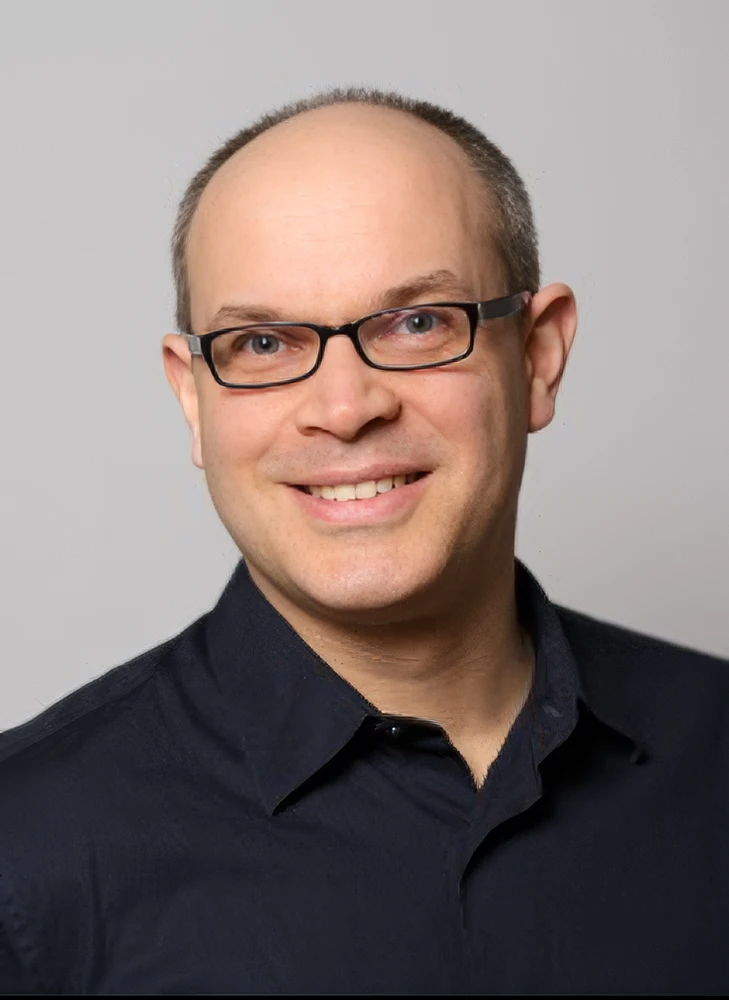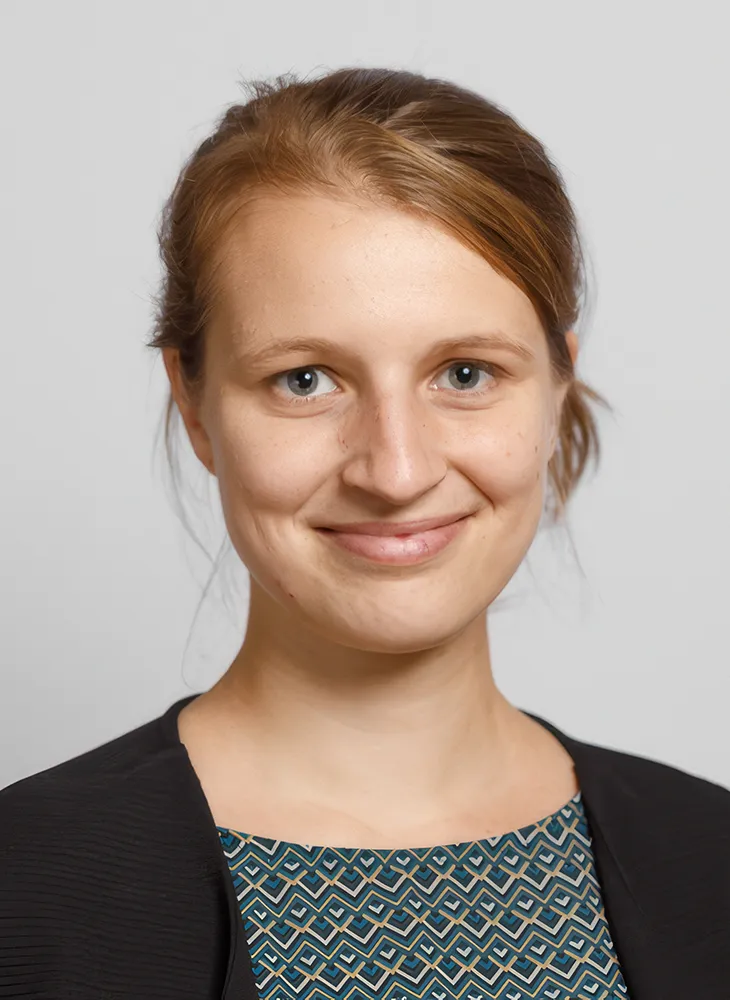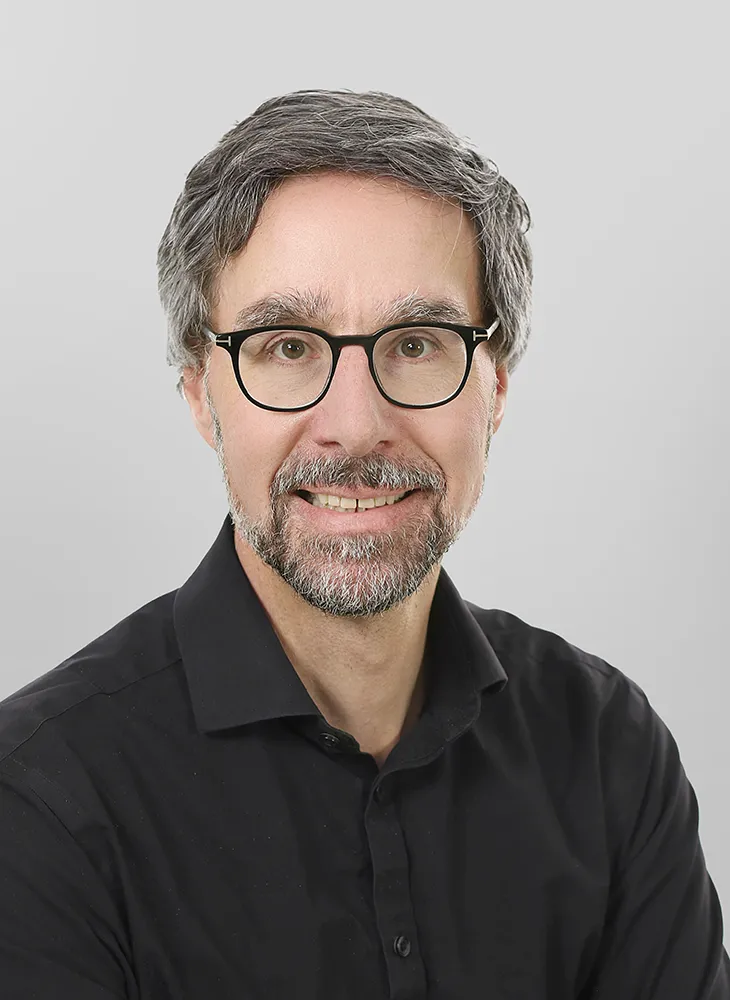SynthImmune
Cluster of Excellence Heidelberg University
Starting 01.01.2026
Infectious diseases and cancer pose serious global health challenges. Efficient preventive or curative interventions are lacking in particular for AIDS (Acquired Immunodeficiency Syndrome), malaria and hard-to-treat cancers such as pancreatic and brain cancer.
While each of these diseases could be controlled by our immune system, they all evade the immune response by similar mechanisms. Yet, interventions to precisely manipulate complex immune and tissue interactions as well as experimental models to study their physiological impact are still in their infancy.
Synthetic biology allows the engineering of cells by top-down genetic manipulation or bottom-up assembly from minimal components. This creates unprecedented opportunities to engineer synthetic systems performing complex immune functions and to rationally design tailored intervention strategies.
Thus, synthetic immunology has the potential to revolutionize therapeutic approaches to infections and cancer. SynthImmune therefore aims at establishing a network for research, education and translation leveraging the assembly of synthetic molecular building blocks in a new field: bottom-up synthetic immunology.
This will include the development of new bottom-up synthetic approaches to elicit immune responses, deliver immunogens and tailor immune cell interactions. SynthImmune aims at comprehensively applying synthetic biology to immunology towards treatment and prevention of AIDS, malaria, pancreatic and brain cancer.
Thus, synthetic immunology has the potential to revolutionize therapeutic approaches to infections and cancer. SynthImmune therefore aims at establishing a network for research, education and translation leveraging the assembly of synthetic molecular building blocks in a new field: bottom-up synthetic immunology.
This will include the development of new bottom-up synthetic approaches to elicit immune responses, deliver immunogens and tailor immune cell interactions. SynthImmune aims at comprehensively applying synthetic biology to immunology towards treatment and prevention of AIDS, malaria, pancreatic and brain cancer.
Towards this goal, SynthImmune will integrate and strengthen the rapidly evolving research communities at the Heidelberg and Mannheim sites of Heidelberg University and the local extra-University institutions DKFZ, NCT, HITS, EMBL and MPImF as a basis for the future establishment of collaborative research and training networks.
Spokesperson:
Prof. Dr. Oliver Till Fackler
Department of Infectious Diseases
Integrative Virology
Phone: +49 6221 56 – 1322
Email: Oliver.Fackler@med.uni-heidelberg.de
University Hospital Heidelberg
Im Neuenheimer Feld 344
69120 Heidelberg, Germany
Department of Infectious Diseases
Integrative Virology
Phone: +49 6221 56 – 1322
Email: Oliver.Fackler@med.uni-heidelberg.de
University Hospital Heidelberg
Im Neuenheimer Feld 344
69120 Heidelberg, Germany


Co Spokesperson:
Kerstin Göpfrich
Email: k.goepfrich@zmbh.uni-heidelberg.de
ZMBH
Im Neuenheimer Feld 329
69120 Heidelberg, Germany
Email: k.goepfrich@zmbh.uni-heidelberg.de
ZMBH
Im Neuenheimer Feld 329
69120 Heidelberg, Germany
Co Spokesperson:
Michael Platten
Phone: +49 621 383- 2885
Email: michael.platten@medma.uni-heidelberg.de
Medizinische Fakultät Mannheim Universität Heidelberg
Theodor-Kutzer-Ufer 1-3
68167 Mannheim Germany
Phone: +49 621 383- 2885
Email: michael.platten@medma.uni-heidelberg.de
Medizinische Fakultät Mannheim Universität Heidelberg
Theodor-Kutzer-Ufer 1-3
68167 Mannheim Germany


